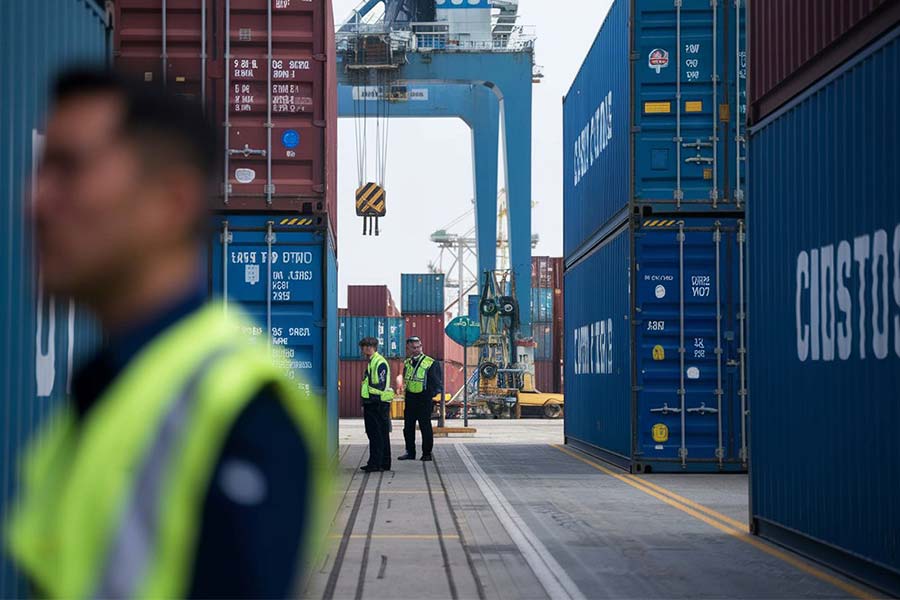
Why can the price quotes from different agents differ by more than 5%?
Export agentThe differences in rates mainly stem fromService Content TransparencyandScope of Risk Undertaking. According to the World Customs Organization’s latest 2025 survey data, the standard service-fee range for authorized agents is 0.8%–2.5% of the shipment value, but the following factors can lead to significant variations:
- Trade termsDifferences
- Under EXW terms, the agent must assume greater transportation responsibilities
- DDP terms include 12 extended services such as destination-port customs clearance
- Risk protection mechanism
- Include cargo delay insurance? (Adds an average of 0.3% to the cost)
- The exchange rateCost allocation ratio for lock services
The Maritime/air transport/How does the calculation method for railway agency fees differ?
In 2025, the pricing benchmarks for mainstream modes of transportation show a clear divergence:
- Ocean freight forwarding fee: Fixed service fee based on container type + starting from 0.5% of cargo value
- 20-foot container basic service fee: $180–$220
- 40HQ additional $50 equipment management fee
- Air freight forwarding fee:Charged based on the greater of actual weight or volumetric weight
- Operating fee: $0.15–$0.25 per kilogram
- Hazardous chemicals: 100% base surcharge
- China-Europe Railway Express forwarding fee: Implement the new model of "cabinet guarantee fee + floating rate"
- $200 refundable container security fee per container
- Railway segment freight rates are quoted weekly with a ±15% fluctuation
How will advancing the funds affect my agency fees?
In 2025, the cost of cross-border capital flows has risen markedly, and the advance-funding services provided by agents now exhibit three key characteristics:
- The advance funding ratio is tied to the credit rating.
- Tier-A customers: maximum advance payment of 80% of the goods value
- New customers typically do not exceed 30%.
- Diversified interest calculation methods
- LIBOR+3% (USD advance funding)
- SHIBOR+2.5% (RMB advance funding)
- The shortest funding cycle has been extended from 15 days to 21 days.
How to identify hidden costs in a quotation?
Based on our review of 327 fee-dispute cases, special attention should be paid to the following three types of hidden charges:
- Document certification surcharge
- Embassy authentication: $80–$150 per document
- Apostille expedited processing fee
- Exception Handling Fee
- Customs inspection service fee: $200 per occurrence
- Storage and handling fees for returned goods
- Exchange Rate Compensation
- Exchange loss compensation clause for receivables outstanding for more than three months
What are the latest bargaining strategies in 2025?
Based on the currentInternational logisticsGiven the market changes, we recommend adopting the following negotiation strategy:
- Volume-based tiered discounts for bulk orders
- Quarterly shipment volume exceeding $500K qualifies for a 0.2% rebate—negotiable.
- Risk-Sharing Clause
- Link 30% of the fee to transit time
- 25. Digital service deduction
- Using the agent ERP system entitles you to a 0.1% fee reduction.


 Follow Customer Service WeChat
Follow Customer Service WeChat